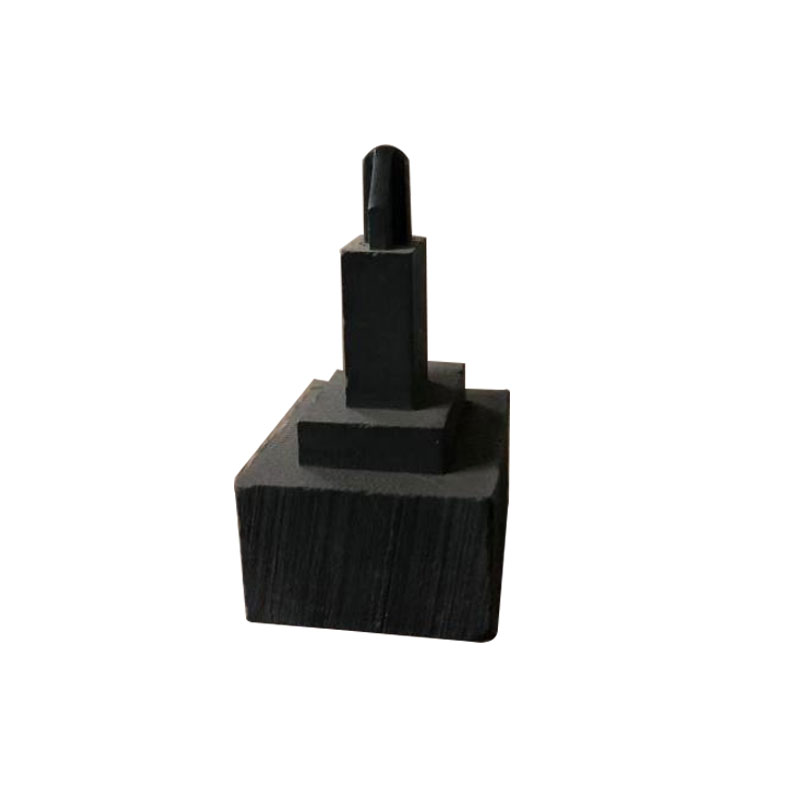In the world of precision machining, where intricate designs and tight tolerances are the order of the day, Electrical Discharge Machining (EDM) stands as a remarkable process. Within the EDM realm, there exists a fascinating subset known as Graphite EDM. This specialized technique employs the unique properties of graphite to produce intricate and precise components for various industries, from aerospace to medical devices. In this article, we will delve into the intriguing process of Graphite EDM, exploring its principles, applications, and the steps involved in transforming graphite into finely crafted components.
Understanding Graphite
Graphite, a form of carbon with exceptional properties, serves as the cornerstone of Graphite EDM. Its layered structure consists of hexagonally arranged carbon atoms, providing excellent electrical conductivity and thermal stability. This unique combination makes graphite an ideal material for EDM applications. Its ability to withstand high temperatures and efficiently dissipate heat ensures that the machining process remains stable and consistent.
Principles of Graphite EDM
Graphite EDM operates on the same fundamental principles as conventional EDM, relying on the controlled erosion of material through a series of electrical discharges. However, the key difference lies in the choice of electrode material. In this case, the electrode is made of graphite.
The process begins with the creation of a tool electrode, often shaped to match the desired geometry of the final component. The workpiece, typically a conductive material like steel or titanium, is placed in close proximity to the electrode. Both the electrode and the workpiece are submerged in a dielectric fluid, usually deionized water or oil. This fluid serves as a medium for the electrical discharges and helps flush away the eroded material.

The Graphite EDM Process
The process of Graphite EDM can be broken down into several distinct steps:
Tool Design and Preparation: The first step involves designing the tool electrode according to the desired part geometry. Graphite electrodes are typically machined or ground to achieve the required shape. Precision and accuracy are paramount in this stage.
Workpiece Setup: The workpiece is carefully positioned in the EDM machine's work tank, ensuring proper alignment with the electrode. Fixturing and clamping mechanisms are employed to secure the workpiece in place.
Dielectric Filling: The work tank is filled with a dielectric fluid, which acts as a medium for the electrical discharges and aids in removing debris generated during the machining process.
Initial Spark: The EDM machine generates a series of controlled electrical discharges between the graphite electrode and the workpiece. These discharges create sparks that erode the workpiece material, effectively shaping it according to the electrode's geometry.
Continuous Erosion: The process continues with the gradual removal of material from the workpiece, guided by computer numerical control (CNC) programming. The machine precisely controls the spark gap, ensuring consistent erosion and a high level of detail.
Filtration and Cooling: As the process progresses, the dielectric fluid becomes contaminated with eroded particles. Filtration systems are employed to remove debris, while cooling mechanisms prevent the system from overheating.
Final Inspection: Once the machining process is complete, the finished component undergoes a thorough inspection to ensure it meets the required specifications and tolerances.
Applications of Graphite EDM
Graphite For EDM finds application in a wide range of industries due to its ability to produce intricate and high-precision components. Common uses include aerospace components, medical implants, injection molds, and complex electronic parts. Its versatility and precision make it an invaluable tool for manufacturing processes where conventional machining methods fall short.
In conclusion, Graphite EDM is a remarkable process that leverages the unique properties of graphite to create intricate and precise components. Its ability to handle high-precision machining tasks across various industries makes it a vital technique in the world of precision manufacturing. As technology continues to advance, Graphite EDM will likely play an even more significant role in shaping the future of precision machining.



Comments
Please Join Us to post.
0